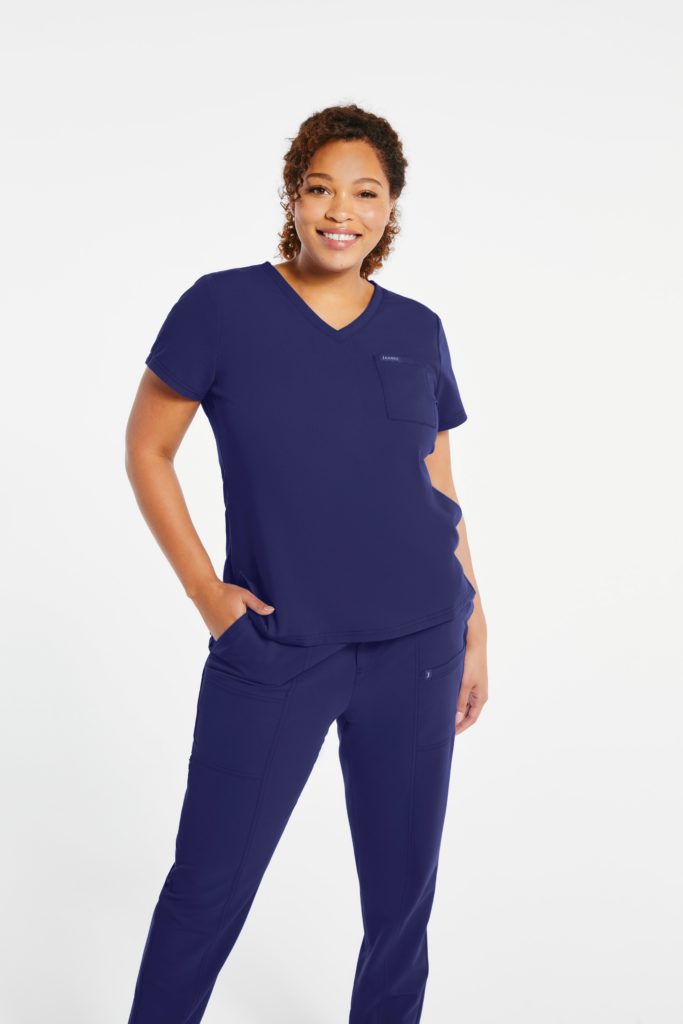
What Is the Best Medical Specialty?
Some are born knowing their dream job. But as a medical student, you may want to consider subspecialties. If you know your dream is to become a doctor, do you know the best medical specialty?
While the medical school will certainly help you determine your favorite area of medicine, it can’t hurt to know how that specialty stacks up against others. Luckily, human beings love to rate things—from restaurants to professions—so you can read up on the happiest, most well-paid, and in-demand career paths.
Factor this information into your decisions, but remember that the best medical specialty for you is one that inspires you.
What should you consider when choosing a medical specialty?
When caring for others, you should also consider your well-being and happiness. While it may seem counterintuitive to suggest there are any best work-life balances for medical specialties, you should think about what different specializations will demand of you. However, if a field calls to you, you owe it to yourself and your future patients to try. If neurology is your passion, you owe it to yourself to try being a neurologist (we’ll be with you, wherever you wind up). This way, you’ll love getting out of bed and going to work in the morning. Here are some other vital factors to consider when choosing a specialty.

Lifestyle
We’re starting with this because it’s related to your well-being. Remember that taking care of others requires self-care. If you want the best medical specialty for family life, consider work-life balance. If you don’t handle high-stress environments, you may wish to pursue preventative medicine.
Medical education time
Whatever your goal is, it’s valid to weigh the length of a residency program. A seven-year residency—required for certain surgical specialties—isn’t for everyone. Whatever you decide, it can’t hurt to project how long you’ll be training in your field.
Which specialties are considered the best?
We know “best” is a subjective word, so we’ll try to break this superlative into more finite terms. Below, we’ll look at the specialties that offer the best career stability, income and happiness. You don’t have to decide between love and money; in a medical career, you can have both. Use the following lists as a guide to figure out your next move:

The happiest specialties
“Happiness” is also a relative term, so take these rankings with a grain of salt. Still, many believe these roles provide the greatest job satisfaction for the least stress.
Family medicine
A career in family medicine can help you establish a good work-life balance as you can have a private practice and set your own (regular) hours.
Radiology
Radiologists diagnose patients with X-rays. How fascinating is that? They also don’t take the emotional toll of working with patients as they aren’t required to do direct care.
Dermatology
Dermatology makes this list because physicians in this role can set their work hours and run their own practice. Dermatologists get to know their patients over time, so there’s also a strong social aspect to the job.
Anesthesiology
This is another career where you won’t have to interact with others much, so consider becoming an anesthesiologist if you like your solitude. And, even though you won’t be interacting much with your patients, you’ll be providing them with much-needed pain relief and care before they head into surgery, so it’s rewarding work.
Ophthalmology
Like dermatology, ophthalmology is a career that lets you decide when and how you work, allowing you to develop strong, long-term relationships with patients.
Pediatrics
Children bring joy into our lives, so it’s no wonder this role makes the list of happiest medical careers. Pediatricians enjoy working with kids all day and helping keep them healthy and safe.
Psychiatry
This high-paying role boasts reasonable hours and the deep satisfaction of helping patients improve their mental health.
Clinical immunology
Some of the most stressful aspects of working in the medical field include witnessing suffering or being in a high-stress environment. Roles like those of a clinical immunologist can be easier emotionally since physicians in this field aren’t necessarily seeing patients in desperate need of care.
Pathology
Pathology involves consulting more than patient care, so if you’re interested in the big-picture theory of treatment plans more than day-to-day treatment, this line of work may suit you.
Nephrology
Nephrology may be challenging work, but you can choose the hours and settings you prefer. In a medical career, flexibility is worth its weight in gold.
Best medical specialty for the future job market
No matter how passionate you are about your work, your salary is integral to any job. Research the statistics for the particular field you’re considering. Usually, healthcare careers are in demand, so you should be able to find work no matter how you specialize. The following professions are especially promising:
- Family medicine
- Psychiatry
- Radiology
- Internal medicine

Best paid medical specialties
You may have student debt to pay off or be planning for a specific goal that you hope to achieve, like opening your practice. Either way, learning how much you’d be making can help you plan for a debt-free and prosperous future. We’ve looked up the highest salary ranges for your consideration:
- Neurosurgery: $746,544
- Thoracic surgery: $668,350
- Orthopedic surgery: $605,330
- Plastic surgery: $539,208
- Oral and maxillofacial surgery: $538,590
- Vascular surgery: $534,500
- Cardiology: $527,231
- Radiation oncology: $516,016
- Gastroenterology: $485,817
- Radiology: $485,460
We’re here to support you as you chart a path forward and find the best career for you. And once you find it, we’ll make sure you’re as comfortable and stylish as possible by setting you up with luxury scrubs that’ll make your day at the office from good to great.